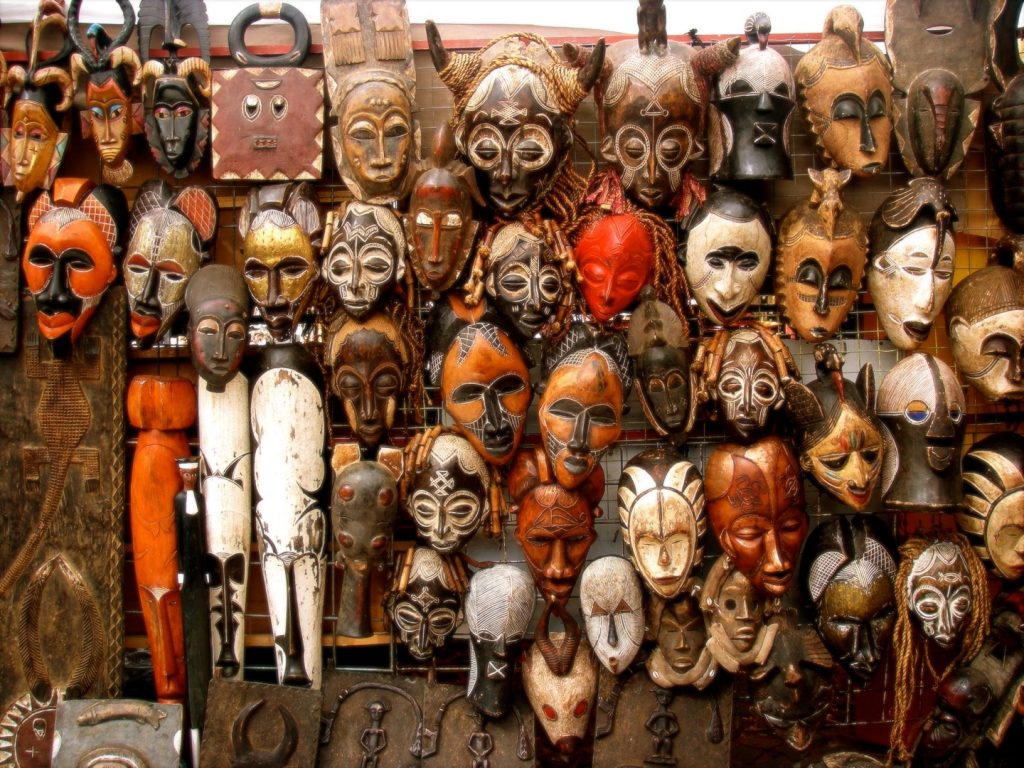Culture is a rather complex concept to define and characterize. For the purposes of the wealth context, I’ll constrain myself to shared values and norms between individuals in a society or community.
Numerous sources give similar definitions: where culture refers to the perspectives, practices and products of a social group[1].
Merriam Webster online dictionary gives one of the most comprehensive definitions in the context of this articles’ material: Culture is “the integrated pattern of human knowledge, belief, and behaviour that depends upon the capacity for learning and transmitting knowledge to succeeding generations; also the customary beliefs, social forms, and material traits of a racial, religious, or social group”.[2] That’s a mouthful, but puts you in the picture!
An important aspect in culture and closely associated with the content of this material is that it is transmitted from generation to generation through learning. The values and shared beliefs that a community holds are passed on over generations and it requires effort to break the cycle and continuity of these deeply ingrained norms.
Wealth is a mindset and mindsets are shaped by our beliefs, values, norms and customs; ultimately what we define here as wealth culture. This might be an understatement. As a generalization the amount of wealth one has accumulated is qualified and quantified in your community and by the cultural beliefs and values of that community.
The ambition therefore to create riches is a context of what the community upholds as wealth. An individual living in a community in the ‘remote’ parts of the world where many wives and cattle is a sign of wealth, will have the ambition to accumulate the riches that the community upholds.
Similarly, if you live in a western economy with modern financial systems, then money is a true measure of your success and ultimately financial wealth.
In defining wealth culture here and in other communique, I have predominantly looked at wealth in its current western definition and particularly in its financial quantification. This has generally become the norm acceptable and most widespread measure of wealth that almost every community is striving to achieve.
Wealth culture is therefore a set of belief systems that the society instills in every individual within the community. This environment then anchors our behavior and actions towards wealth creation or lack thereof. The belief systems become the programming or conditioning for each individual towards how they perceive wealth and its attainment.
The ability to have abundance in any society is largely influenced by the belief system that an individual is exposed to. Primarily from the larger cultural environment and more specifically to the particular individual’s belief system. The two go hand in hand.
The initial influence is based on the surroundings and environment that the individual has grown into; i.e. the belief systems of the parents, teachers, friends, relatives, colleagues, peers, etc. Ultimately depending on individual’s environmental variance and diversity, people take up their own belief systems. This shapes their wealth culture and subsequently manifest as their wealth or poverty mindset.
The larger population remains under the influence of the societal perceptions of wealth. Money mind-set is a replica of the general wealth culture of the community.
Therefore, in discussing the African, black wealth culture, it is vital to realise that there is a commonality of belief systems in the general population based on how and where they have grown up. Ultimately it forms their perception and eventual externalisation of their wealth.
In my view, the African blueprint of wealth therefore is transmitted over generations and finds itself in a new era, which is remotely associated with its origin. Suffice to mention that it has completely been overwhelmed by the Western culture. The thinking around wealth therefore, finds itself at a defining moment; the crossroads of poverty vs. capitalism!
However, we should also mention that some individuals within every culture forge the ability and independence to distance themselves from the “tribal mind”.
Having a common wealth culture in African, Caucasian or Asian population does not mean that all individuals living within these communities end up with similar outcomes in their wealth aspirations. The independent thinkers who build atypical wealth mind-set from their cultural programming leap the benefits of their courage and dedication; acknowledging the critical percentage of people who have chosen to control their thoughts and act independently of their natural conditioning.
Next, we will look at what can be defined as Black Wealth Culture.
[1] “A Definition of Culture – Definition of Key Race Relations Terms” extract from, http://racerelations.about.com/od/skillsbuildingresources/g/culturedef.htm
[2] Culture – Definition – Extract from http://www.merriam-webster.com/dictionary/culture

